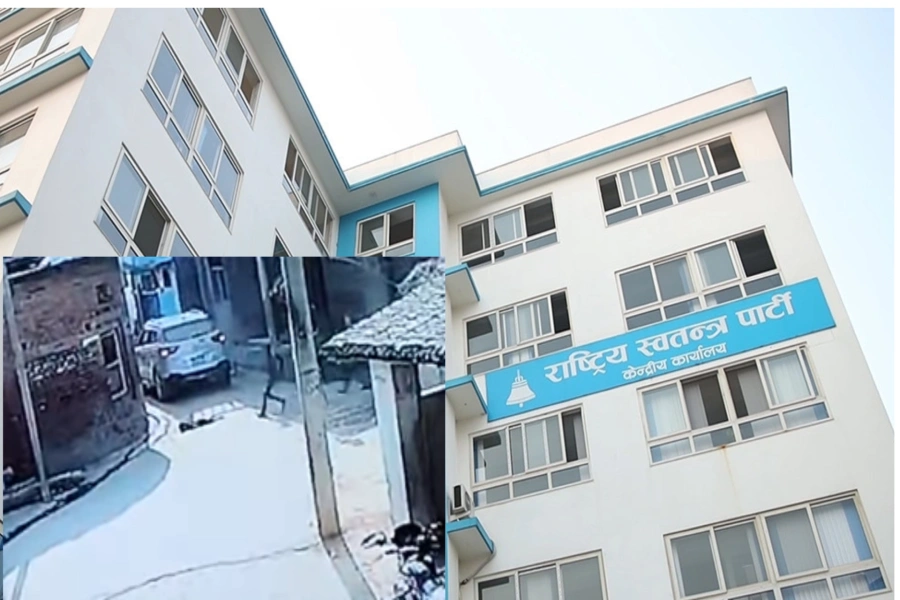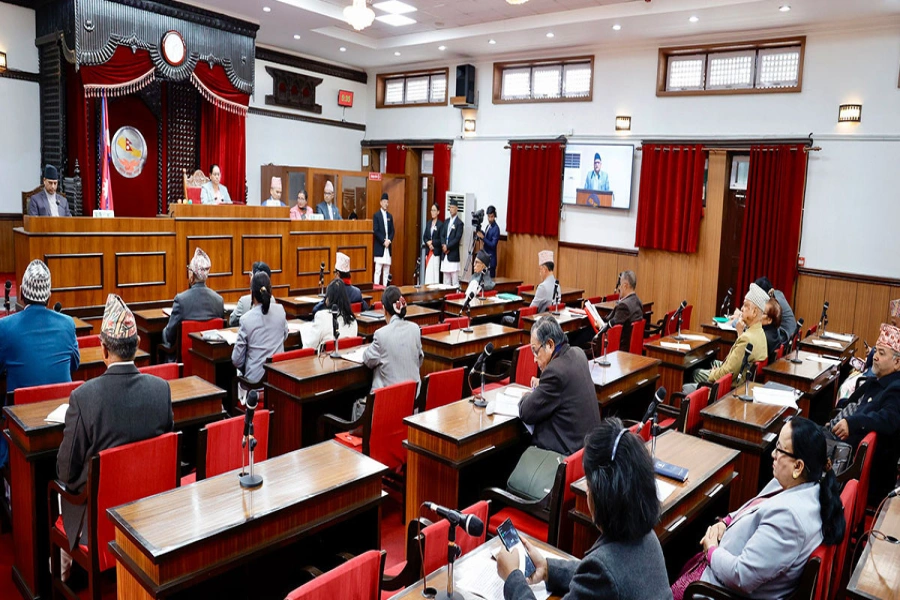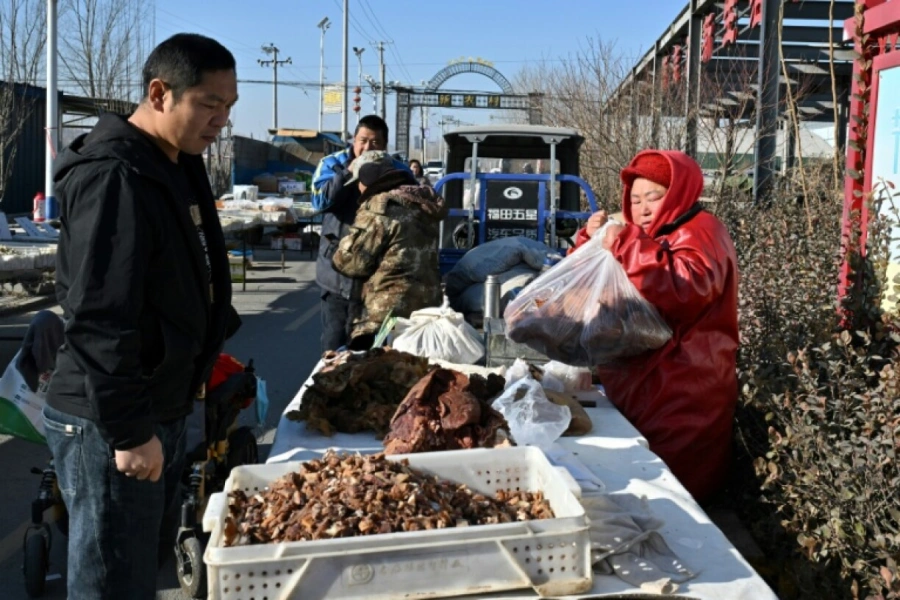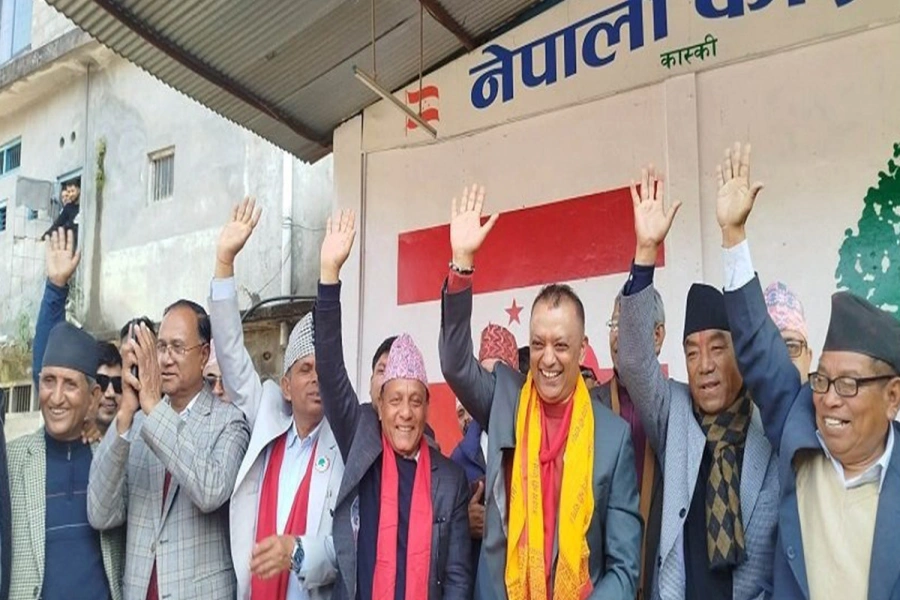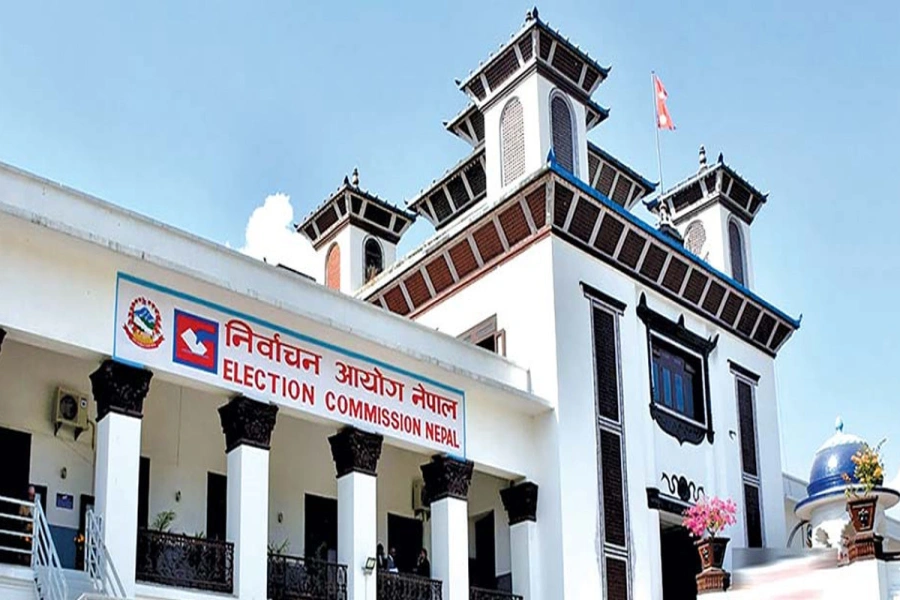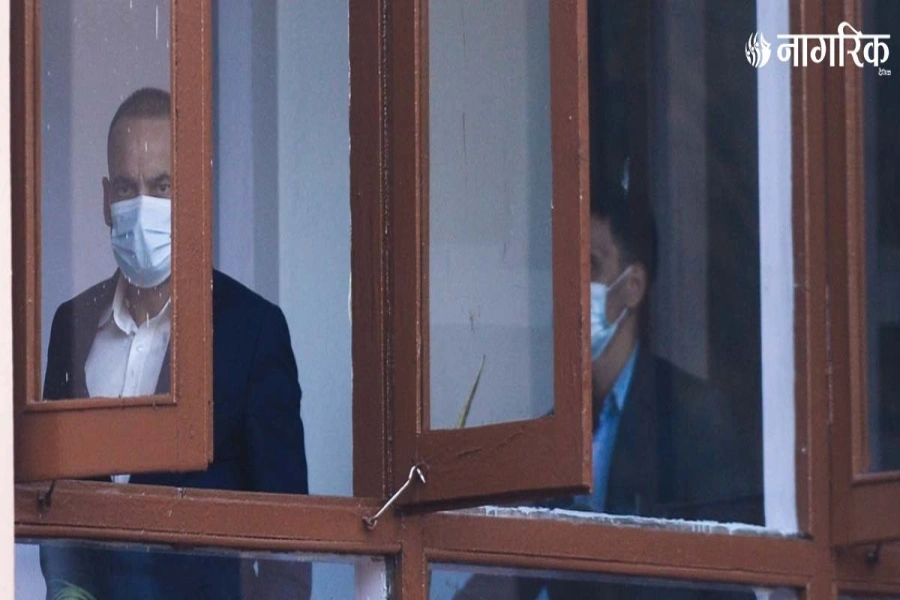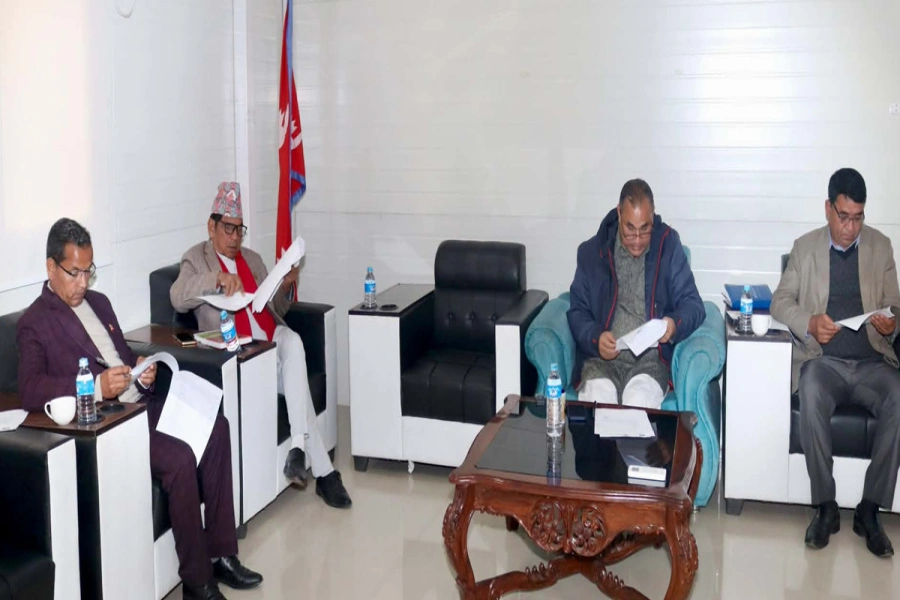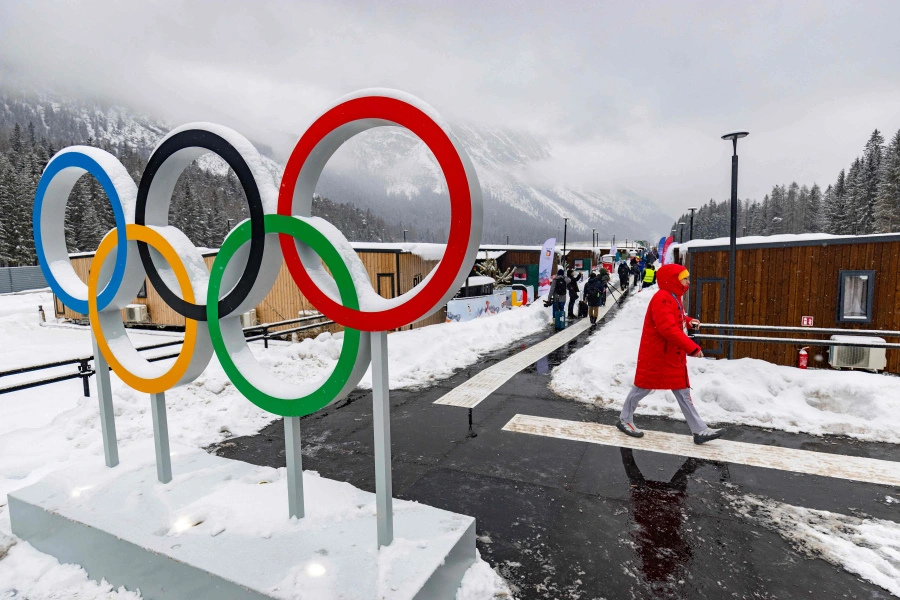As a student of environment and conservation, I am aware about the adverse effects of environmental pollution. But I feel handcuffed. This is because even with my understanding on pollution degrading sustainable environment, I’m not being able to do anything to contribute for environment preservation.
Nepal is a beautiful country with abundant natural resources. Every year many people visit Nepal to relish its beauty. As tourists explore our mountainous terrains, they leave behind trash. On top of that, there are many dumping sites in these regions that have degraded the surrounding natural ecosystem.
Environment deterioration in Nepal doesn’t end here. Construction industries which are a major source of income to many Nepalis are prime agents of air pollution. Brick kilns expel massive amount of smoke that result in health hazards. Also, they work as catalysts in melting glacial lakes and bringing climate change.
Challenges of an interconnected grid

Kathmandu valley has a religious significance to us. Along with numerous heritage sites, there are rivers like Bagmati and Bishnumati. Their charm has long faded away and now we only know them as polluted rivers. They have become victims of rapid urbanization and unmanaged industrialization. These factors butchered the rivers’ aesthetic values. They can never be utilized as sources of drinking water.
Also, air pollution as a result of increasing number of vehicles is an issue in Kathmandu that needs immediate attention. It’s the main cause for many health issues like eye irritation, respiratory tract infection and other types of allergic reactions. The operation of mismanaged dumping sites everywhere around the valley is aggravating this situation even more.
We habitually blame the government for everything but instead of just criticizing, we can bring innovative ideas and expertise to foster an environment for a sustainable society. We can compost biodegradable wastes on our own backyards and take off a little load from dumping sites.
People need to know that they have to preserve water. For that they have to stop water wastage. We can plant trees on barren land and use clean energy to reduce the emission of smoke. The government should consider bringing waste recycling plans and policies that can directly address the situation of environmental degradation. We want a cleaner place not just for the present generation but for the future generations as well.
Shrijana is an undergraduate student of forestry at Kathmandu Forestry College in Koteshwor.



